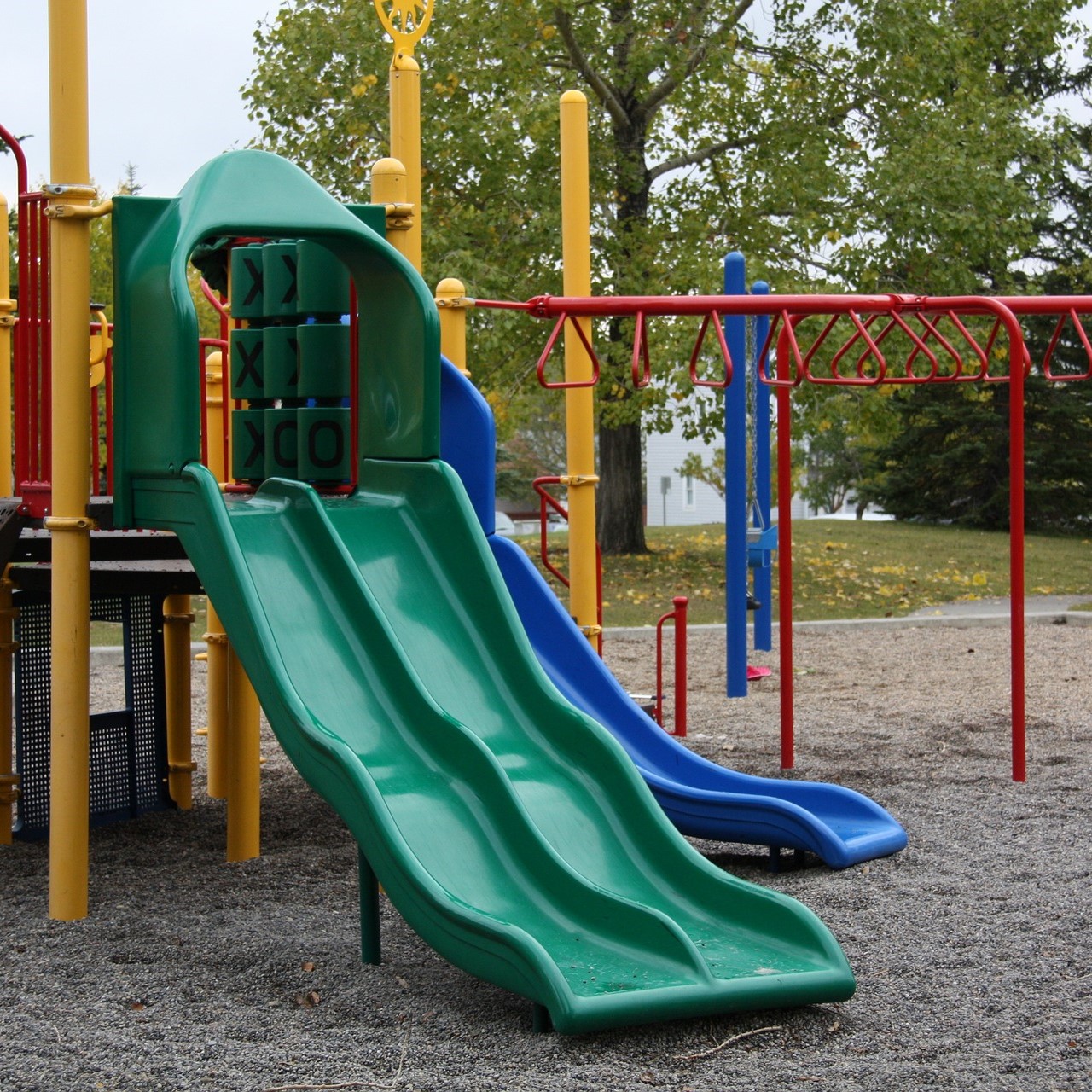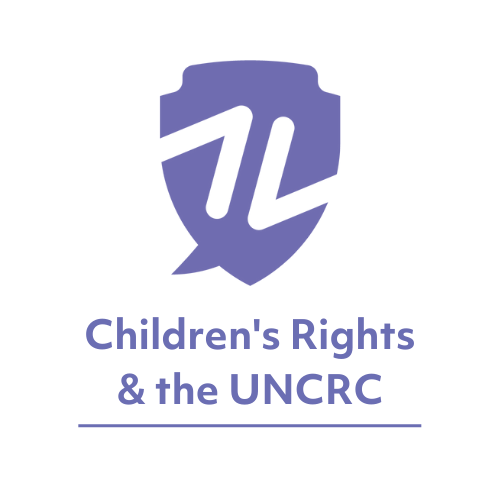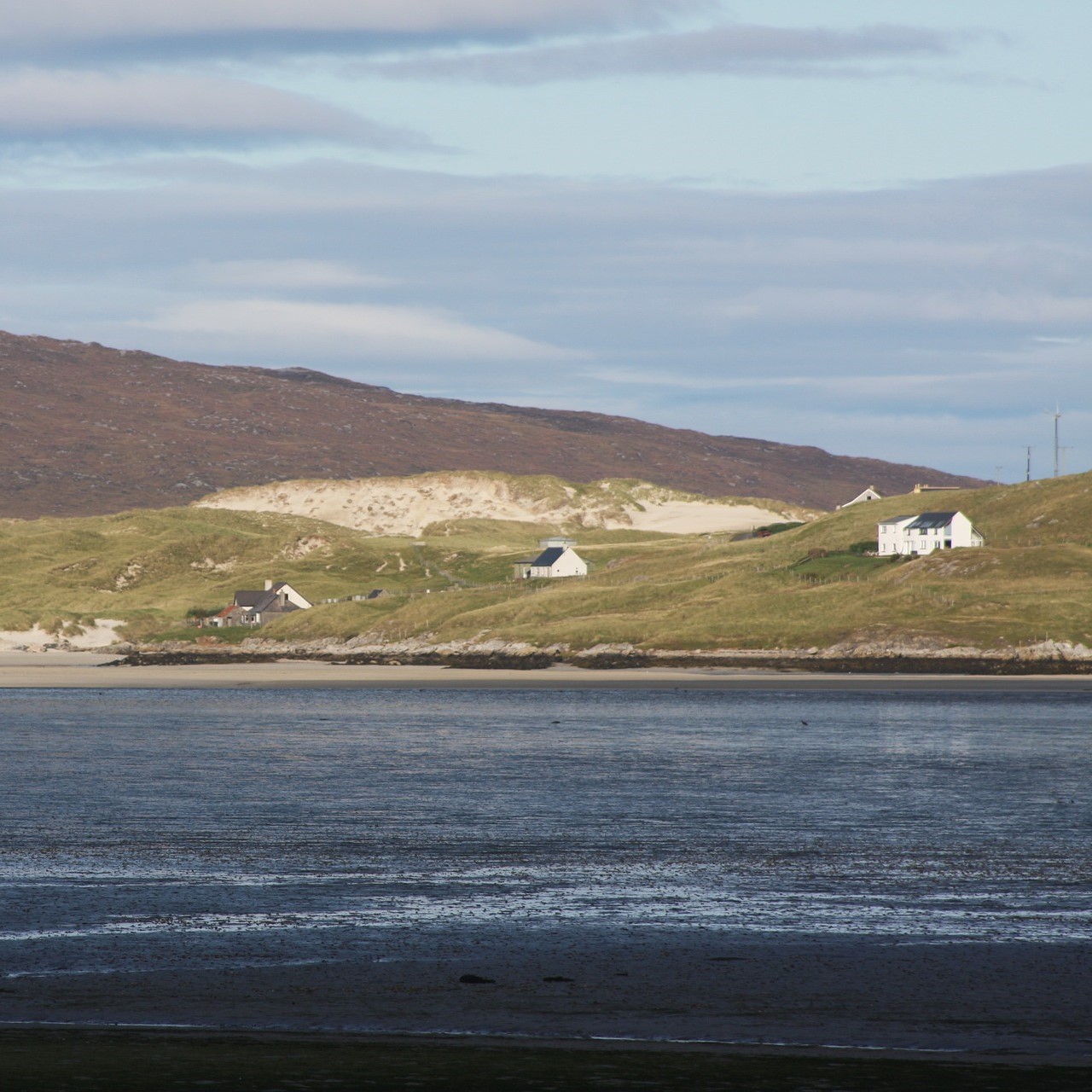
Scottish Government launches Take Hold campaign to raise awareness of vaping harms
Posted 24.11.23 by Alice Hinds
The Scottish Government has launched a new marketing campaign to inform parents, carers and school pupils about the dangers of vaping and e-cigarettes.
As well as making use of radio and outdoor advertising, the Take Hold marketing campaign will see schools around Scotland provided with digital guidance packs and resources for posters, reinforcing the key message that vapes may quickly become harmfully addictive for children and young people, affecting everything from concentration and mental health to overall mood.
The information campaign comes as a new Tobacco and Vaping Framework is published, setting out key actions to create a tobacco-free generation by 2034, including raising the age limit for sales of cigarettes, and improving services to help people quit.
In addition, the Scottish Government will continue to review what further action is needed to limit the appeal of vapes to children, young people and non-smokers during the first phase of the framework, which will run until November 2025.
Public Health Minister Jenni Minto said: “Smoking damages lives for people across Scotland, and is responsible for one in five deaths – more than 8,000 lives a year. It causes preventable ill health and loss of life of loved ones, is a significant burden on our NHS and social care services, and is the leading preventable cause of health inequalities and costs the economy millions each year in lost productivity.
“Although we have seen smoking rates decline, and Scotland has already introduced a range of world-leading tobacco control measures, we want to do more to help us achieve our goal of being tobacco-free by 2034. This framework will provide direction for a decade and allow us to be more responsive in dealing with a variety of nicotine and tobacco products.
“E-cigarettes are one of a range of tools for adult smokers to quit smoking, but should never be used by young people or adult non-smokers. We must take action to prevent young people using vapes and becoming addicted which will damage their health, and that’s why we’re launching a marketing campaign. It is much easier to never start than it is to give up.”
Changing our World (click here for more), Children in Scotland’s young people’s advisory group, recently produced an evidence paper sharing views on vaping, exploring topics such as the impact of vaping on health and wellbeing, and how the names, packaging and flavours of many vapes are attractive to children and young people. It will be published in November 2023.











